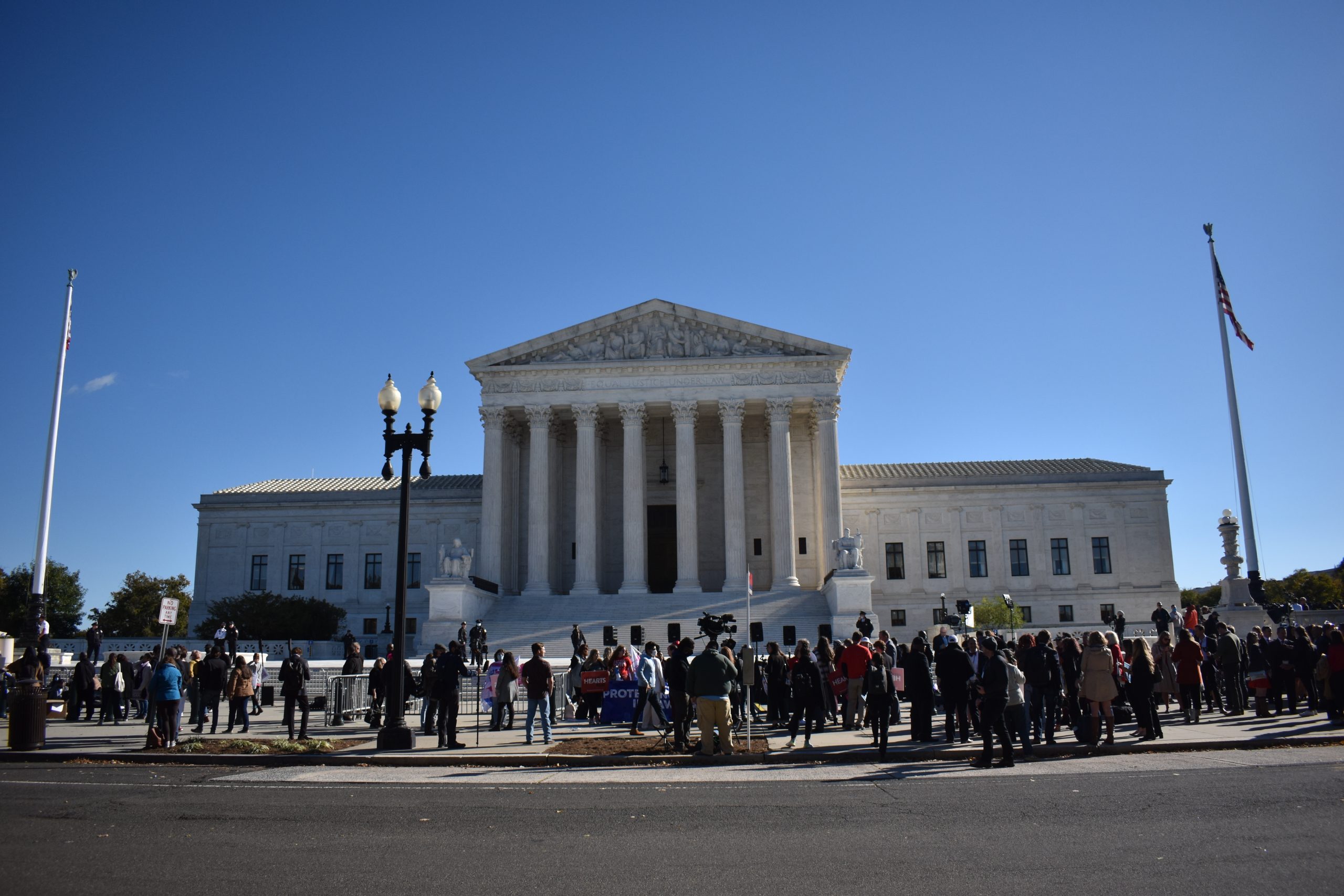Tennessee’s Prohibition on Medical Procedures Performed on Minors Related to Sexual Identity (Tenn. Code Ann. § 68-33-101) prohibits certain medical procedures for minors suffering with gender dysphoria in order to “protect[] minors from physical and emotional harm.” But the law is being challenged by the Biden-Harris Administration at the U.S. Supreme Court because it prohibits surgical intervention for minors that includes the permanent altering of their bodies, like breast or genital removals. The case is United States v. Skrmetti.
Tennessee’s sensible law that protects minors from making life-altering decisions is clearly constitutional and should be upheld. Laws like this one have been recognized since our founding. States have laws against minors drinking, getting tattoos, being able to consent to sexual activity, or entering into contracts to buy cars and other goods and services. These laws are common because they reflect our collective common sense that it is best for minors to wait until full development before making such potentially harmful decisions.
But the Biden-Harris Administration is wreaking havoc on our judicial, educational, and healthcare system by pushing for a radical pro-transgender agenda that stops at nothing but the full affirmation of a minor’s internal gender image at the present time.
Concerned Women for America (CWA) has been fighting the administration in related areas for years. In the women’s sports issue, for example, they have consistently ignored our concerns with fairness and the dignity of women. We have backed lawsuits against their push to allow males in women’s prisons. And here now, we find ourselves having to stand up for children and parental rights against what we consider to be child abuse in the context of causing irreparable harm to a young person’s body.
Many of these young children come to regret their decisions, and their stories are heartbreaking.
CWA’s Skrmetti brief argues the law does not discriminate based on sex for purposes of the Equal Protection Clause.
Laws protecting children from novel, sterilizing gender transition drugs and surgeries are not constitutionally suspect. These laws do not discriminate based on sex, for they apply equally to males and females: no minor may be subjected to these interventions. That some of these drugs are used for other purposes in minors does not show discrimination based on sex, but differentiation based on treatment—which does not give rise to heightened scrutiny. Ignoring this difference in use violates this Court’s precedent requiring comparison of similarly situated classes. Here, boys or girls—and minors of any gender identity—could seek regulated transitioning interventions, so the statute does not classify based on sex or gender identity.
The brief points out the inconsistencies that reality forces on the government’s irrational argument. Treatment itself must be treated according to a person’s sex. This is one of the most troubling aspects of the left’s push to erase womanhood in this way. When males are inserted into the female category of health or crime statistics, the facts that undergird research and direct proper treatment and solutions are unrealistically distorted, resulting in all kinds of nonsensical and detrimental harms that disproportionally affect women.
If the United States were right that the law discriminates based on sex because its regulation “depends” on sex, Br. 24, that theory would be self-defeating. That is because it would be transitioning providers doing the discriminating: diagnosing gender dysphoria based on gender stereotypes, picking cross-sex hormones based on sex, and deciding whether to treat based on gender identity. The United States says “[t]hat is sex discrimination.” Br. 16, 22. Not only would the United States’ theory thus mean that transitioning providers (who receive federal funds) are violating federal law, Tennessee’s law would be justified as a remedial provision. Prohibiting sex discrimination could not violate the Equal Protection Clause.
Click here to read our amicus brief in its entirety.
Please be in prayer for this important case that will have wide ramifications as we continue to stand for women’s dignity and parental rights against a powerful movement pushing this ideology in every area of our culture.


